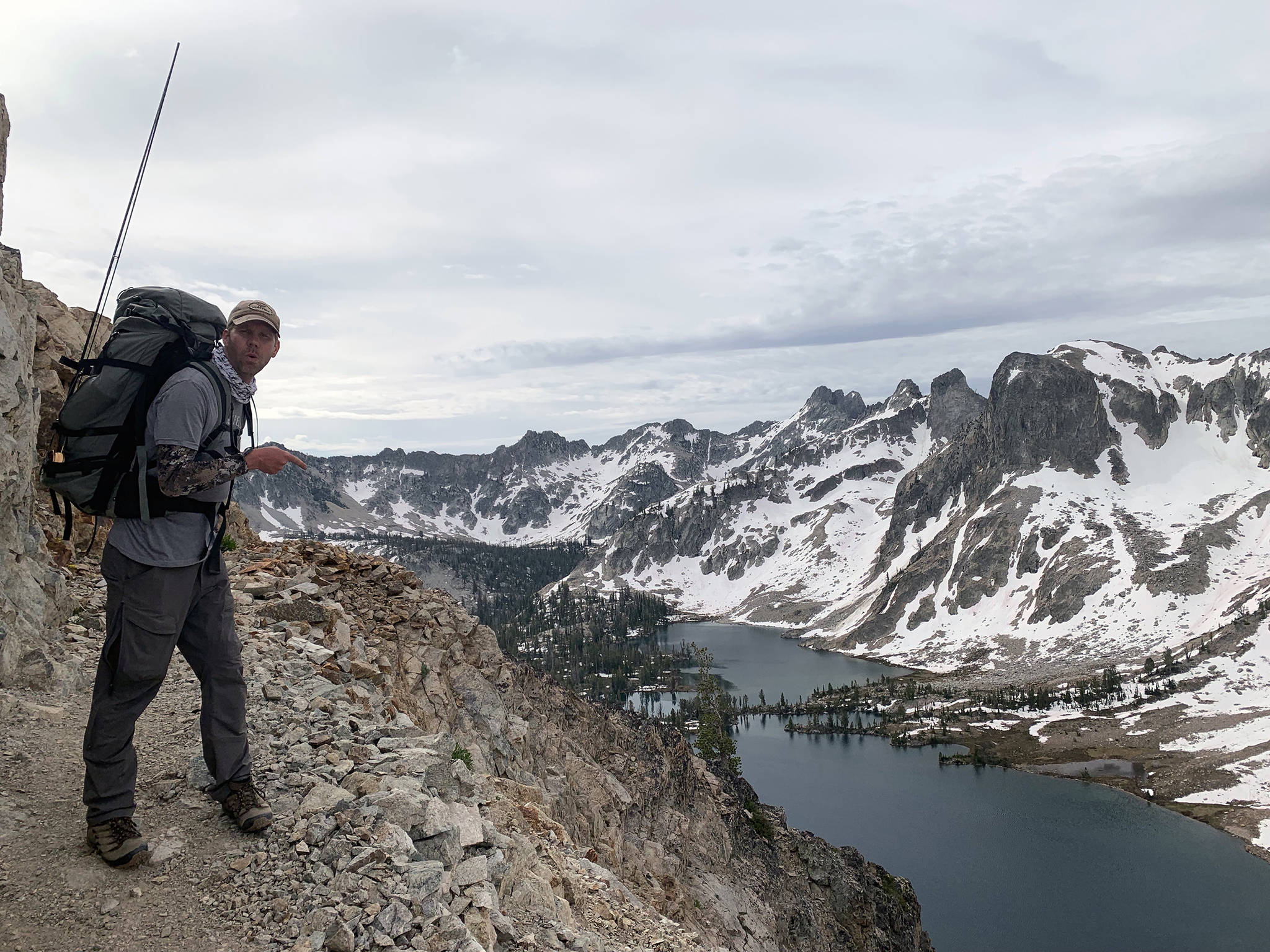I was talking to a buddy who co-founded a business and asked him what his goal was. I figured it would be something about growth, or reaching new customers, but it made much more sense than that. Serve.
He said the most important thing for himself and the other co-founder of his lifestyle coffee and lifestyle apparel brand was to serve the customer, not just take their money.
I thought about this when one of my favorite outdoor apparel companies released a few new products because before I knew it I had clicked on the link which took me from my email inbox to their website and I had a new pair of $189 backpacking/hunting pants in my digital shopping cart.
I ended up closing the window, but the point was made. I liked the first products I bought from this company and not only tolerated being on the email list, I entertained the content. That doesn’t happen all the time.
I, along with most other anglers and hunters, had a gear-collecting problem. It’s not that I buy everything I see, but the temptation is ever-present, which makes customer satisfaction that much more important. Because I’m not the sucker I was, I pay attention to things like real product satisfaction and how I feel as a customer. This can be tricky, because just because a company shares your picture on their Instagram story doesn’t mean they appreciate you. They are taking advantage of the free advertising you are providing.
It’s not just about making a durable product capable of holding its own in the Southeast Alaska climate, but being a durable company too. Some megabrands, or mini-brands with mega personalities advertising their products, feel like factories with a marketing division, production division and a sales division. All companies want me to review their products, but not all seem like they care. If they do care, it seems like they care about their image rather than how to improve the product. But that doesn’t mean smaller is necessarily better. I called a mega brand about a tear in a pair of puffy pants, and four free patches were in the mail within the week. It was awesome, but sometimes I get the feeling that companies outgrow the need to care about the customer. But that’s just a subjective feeling.
It’s the same vibe I get when people refer to their lodge as “the property” which makes it seem like it’s owned by a huge company based in Austin, Texas, that is one of seven properties that each provides a unique experience that only people with money to afford a $10,000 week of fishing can experience. It’s like that scene in Ocean’s 13, then George Clooney’s character is describing the hotel that Al Pacino’s character is opening, “He’s built this place for the whales.”
My girlfriend asked me what my dream trip was and I said Bristol Bay. It seems half dream and half responsibility because I grew up in Alaska, I live in Alaska, but to never have made a pilgrimage to the legendary trout and salmon rivers that drain into Bristol Bay seems ridiculous.
I looked up prices at one of the first lodges on a Google search. It was scoring 4.9/5 on reviews and was endorsed by a major fly rod company. $11,975 for a week, but I’m not a whale.
This is the sort of example that would make be sound like some anti-capitalist, but that’s far from the truth.
I just like it when good people have good ideas and create something with the customer, in mind.
• Jeff Lund is a writer and teacher based in Ketchikan. “I Went To The Woods,” a reference to Henry David Thoreau, appears in Outdoors twice a month.

